Emilie Ostler, VLLC French Tutor
|
It’s going to be 11 years this November since I left France and have lived in Australia, yet every year around that same time I feel a little down… Whilst daylight is diminishing a bit more every day and the mercury is dropping to 4°c down here, the long summer days are reaching their peaks on the French shores… June, July and August are the best months to enjoy outdoor France. On June 21st, the date of the northern hemisphere summer solstice, France celebrates, every year since 1982, ‘la fête de la musique’. June 21st is a music orgy! From the little village lost in the mountains to the fashion capital city we all know about, June 21st is massive in France. Anyone, young or less, who can play an instrument, is invited in the streets to play and perform. While cafés and restaurants will organize small local groups to play for their customers, the councils will arrange music venues for bigger bands to perform on stage. And in every corner of the city, any square, any path or alley, the sounds of drums, djembes and guitars will fill the air. Meanwhile, the rest of the amateur crowds drink to the tunes on café terraces and dance in the streets. People will party all night, enjoying the ambiance, until the last string of a guitarist disappears in the morning mist. And with that amazing feeling, summer is now officially open! When July comes, the kids summer holidays get switched on too. Not far is ‘le 14 Juillet’, better known as Bastille day, which is the equivalent to January 26th, Australia day. A national holiday where armies will display marches in the city avenues, commemorative speeches will be spoken, and fireworks will light the night skies. Though no one wishes anyone a ‘joyeux 14 Juillet’, the French will enjoy the festivities of this national day, and go out as usual, to restaurants and cafés, very casually, waiting for the night light shows. By August, summer has definitely set its marks. Most people are relaxed, employees are on leave, it's the annual companies shut down. The days are nice and warm, and so can be the late evenings. It is by far the best time of year to be in the French countryside, lay in the grass, and do nothing but stare at the sky, waiting to witness shooting stars and hopefully make wishes. France is a multi facial place, which varies from season to season, from region to region, and can naturally be enjoyed all year round. Let yourself be delighted by its possible exuberance but yet so elegant art de vivre in its full simplicity!
Emilie Ostler, VLLC French Tutor
0 Comments
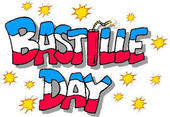 As far away as Australia, we have come to associate the 14th of July with the red, white and blue streamers of Bastille day. While we celebrate that French je ne sais quoi we have come to love, the French themselves celebrate their freedom and democracy in displays of fireworks, street parties, balls and military parades. But what are we actually celebrating? La fête national – the national holiday we know as Bastille Day, has been celebrated since 1880, when it was proposed as a celebration of freedom and unity. However, the annual festivities not only celebrate the 1789 storming of the bastille for which Bastille day is most commonly known, but also the national unity that came with the 1790 federation. The latter - la prise de la bastille - was a defining moment of the first of a string of revolutions which took place in France. La bastille was a Parisian state jail considered to represent the king’s power under his monarchy. For this reason, its destruction was both symbolic and logical, as it held arms needed for a revolution against the ancien régime – France’s old order. Under this regime, France’s population was separated and hierarchized into social classes : from the king – who held absolute power,to the clergy, the nobility… then the powerless masses. France’s pre 1789 monarchy thus produced extreme social, economic and political crises – and these are the conditions which the first revolution, and those which would follow, sought to ameliorate. From the republics which ensued resulted the slogan we know so well; liberté, égalité, fraternité – freedom, equality and fraternity: a representation of revolutionary values which centre on democratic power, and the tenet that each individual is equal in the eyes of the law. So, aside from the excitement of festivities, how do these historic events affect us at VLLC? The republican desire for conformity and equality is reflected not only culturally, but linguistically – calls for homogenization saw the spread of a standard French language throughout all districts of France, most of which had previously spoken their own patois. Without the changes that followed the revolution, there’s a good chance our "French" would be much more varied, and sound incredibly different – the infamous bon voyage could have been the Alsatian Bù Voyage, or the Breton Beaj vat!
Eady McLaren, past VLLC French Tutor  Moonlight, Paris, River Seine and the one you love. Nothing quite symbolises romance as much as France and then of course, just to add some extra sugar on top of all the love, one merely needs to speak the language of love, which for many has to be French. There is just something about France and romance that makes the country so special. From proposals on the Eiffel tower where so many couples have said “Je t’aime”, or I love you in somewhat rusty French, to the vineyards of Champagne, where the sparkling wine epitomises love itself as a cork is popped and a glass handed to a loved one with the words ‘Mon Amore” trying as hard as possible to be perfectly romantic. Perhaps the reason stems from the fact that Paris, especially, was the birthplace of some of the greatest writers, novelists, and painters the world has known and many of these famous people put emphasis on romance and love. This, with the complexity of French culture and their “Joie de vivre’ has made Frenchmen romantic by nature with flourish and flair in just the right amount in everything they do from architecture to food, and even the language itself, with certain objects being considered female and others male. And thanks to Hollywood and movies, this flourish and flair has been extenuated and has created an overall image of France, the French language, and even the French accent as being romantic. Today France, and more specifically Paris, are synonymous with Love and Romance making the City one of the most popular honeymoon destinations on the planet. Part of this is the world class dining where every meal is served with just that little something special, from a meal in a five-star restaurant to an open sandwich in an auberge on the side of the road in a tucked away village. The French add love to food as they do with everything. But all that love can be easily lost for those who cannot speak French, because the language is as much about the Romance as anything else. Seeing the sights and being in the place where romance is part of life is one thing, and yes, romance will be felt, but to get the full romantic appeal out of France, knowing the language makes all the difference. Being able to ask for something special for your romantic meal or being able to ask for directions with a more romantic or scenic drive adds a little something that is immeasurable, as well as impresses the partner. French and France go hand in hand but when you want to be cheeky with your loved one just by saying “vous êtes mignon” or when you want to simply comment on your loved one’s smile by saying “J'aime ton sourire” you will soon realise that speaking French allows love to flow. Perhaps it is the very fact that the French speak French; maybe that is the real reason for France and Paris being as romantic as they are. Learn to speak French.
|
AboutTravelling is an exciting opportunity which can be enhanced by learning the language before you go. This blog contains some interesting articles about language and travel. Archives
April 2024
Categories |

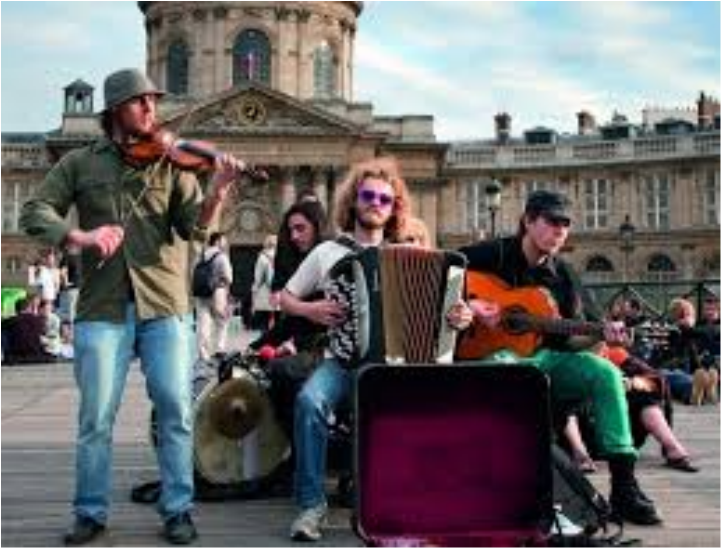
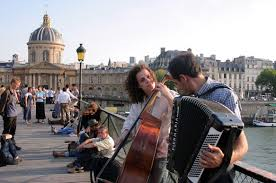
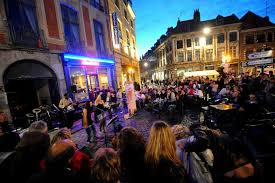
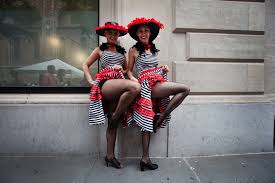
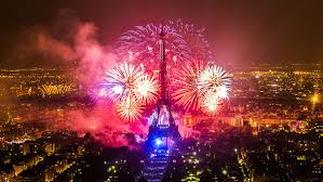
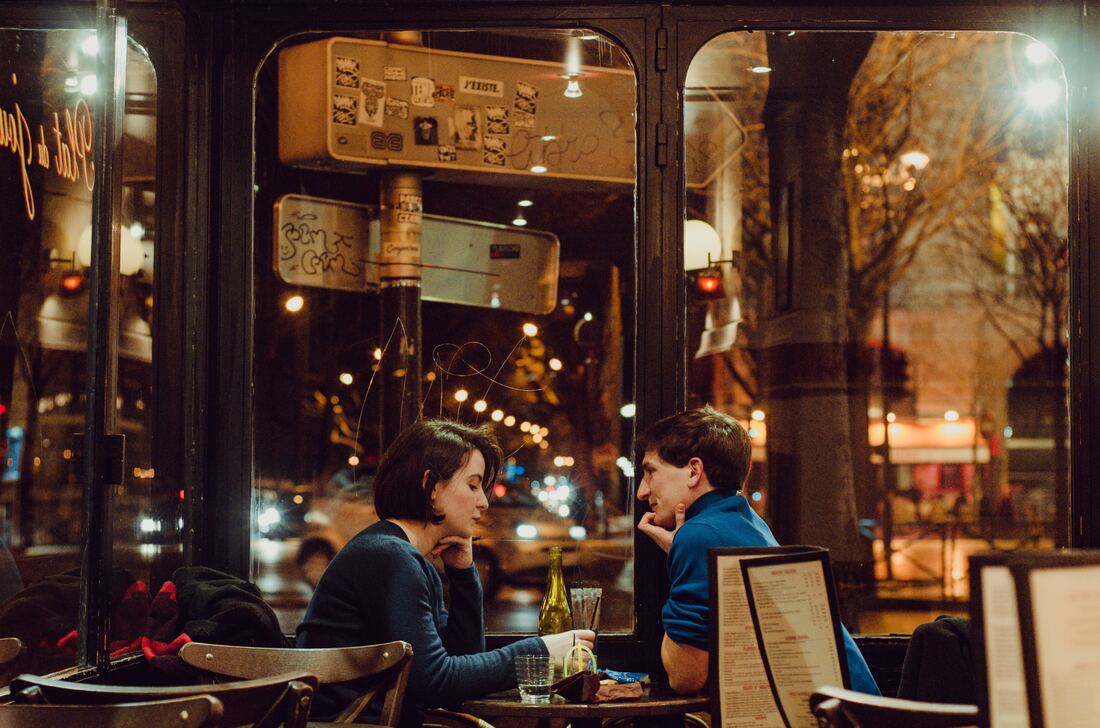
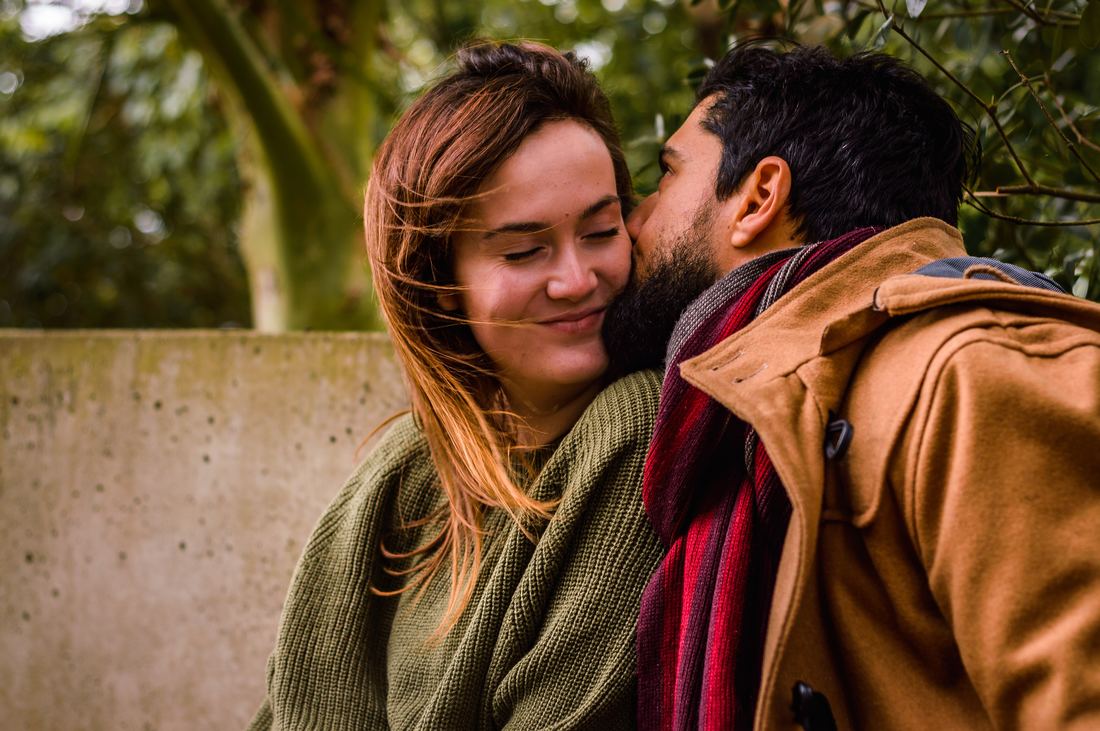
 RSS Feed
RSS Feed

